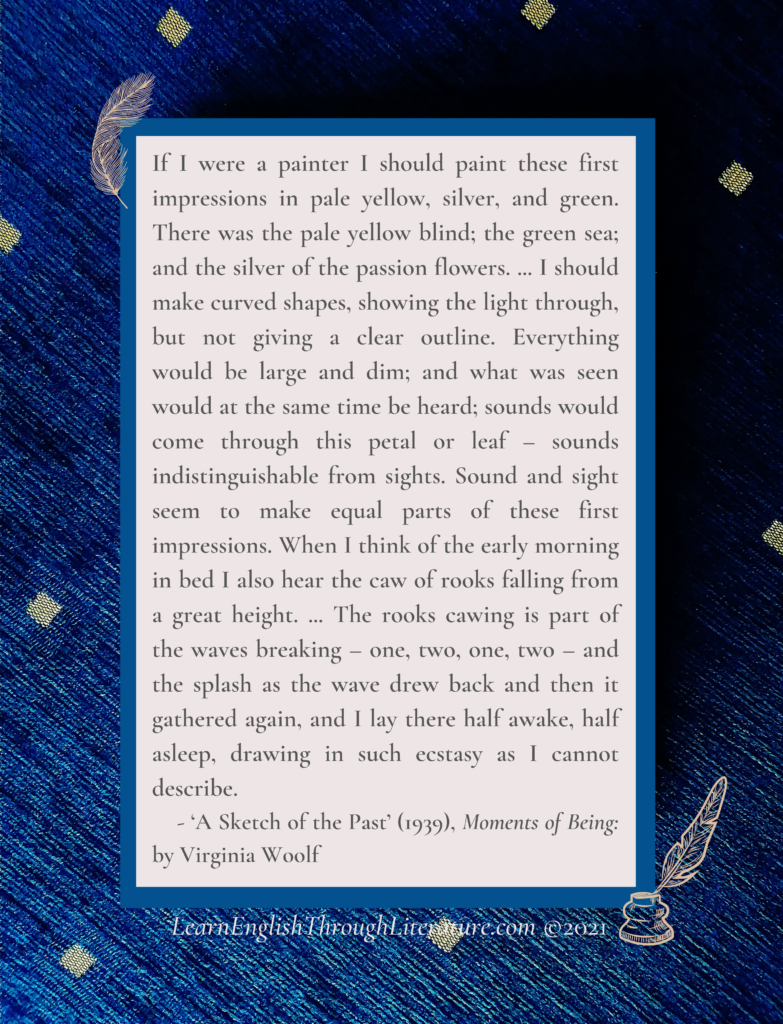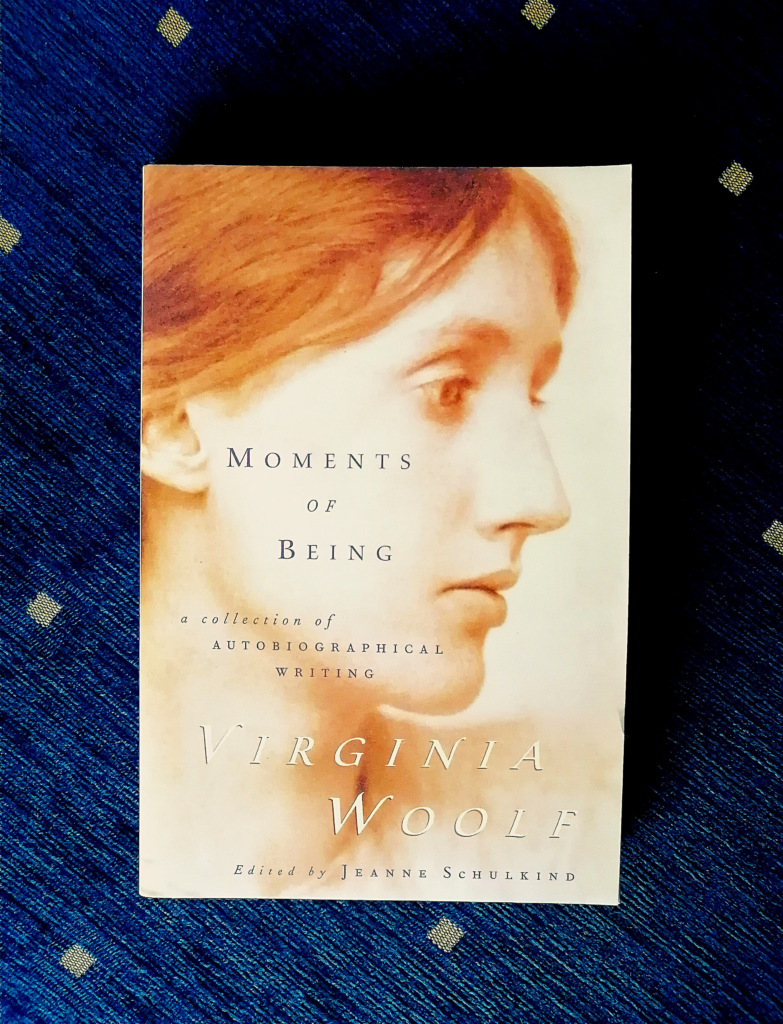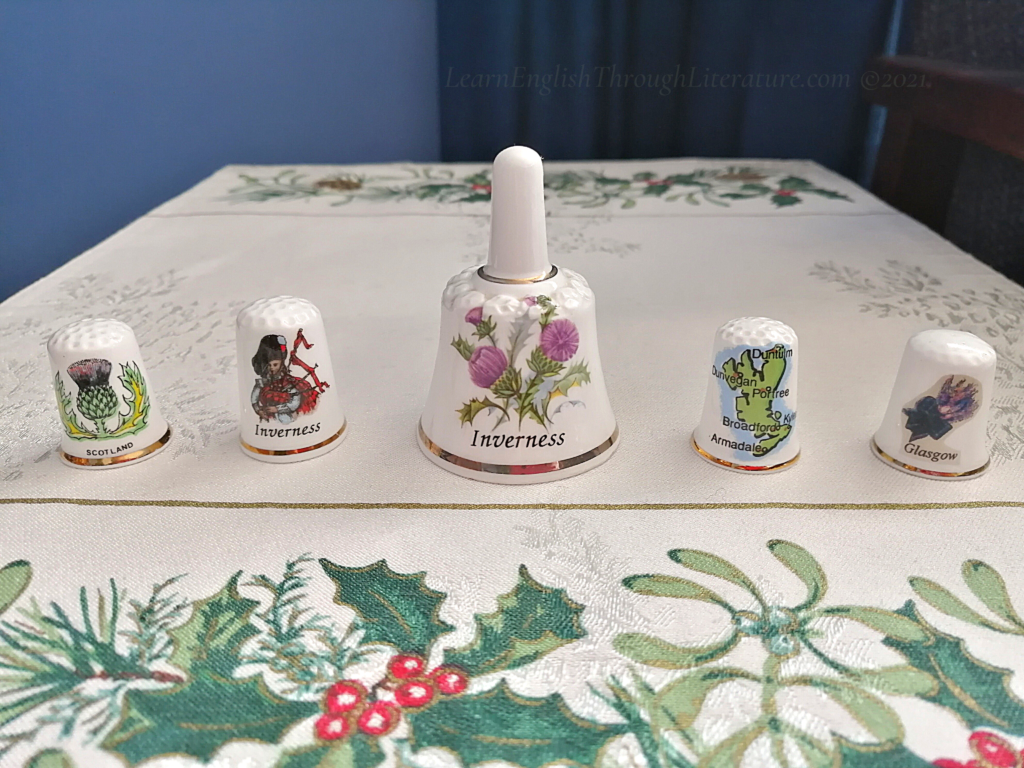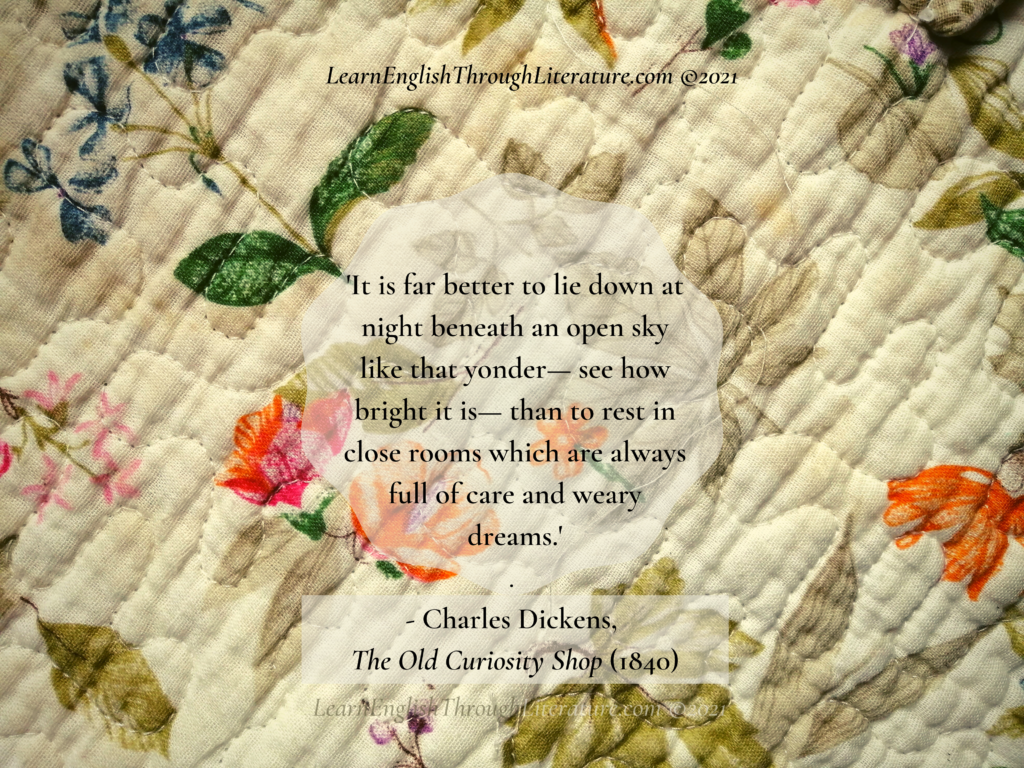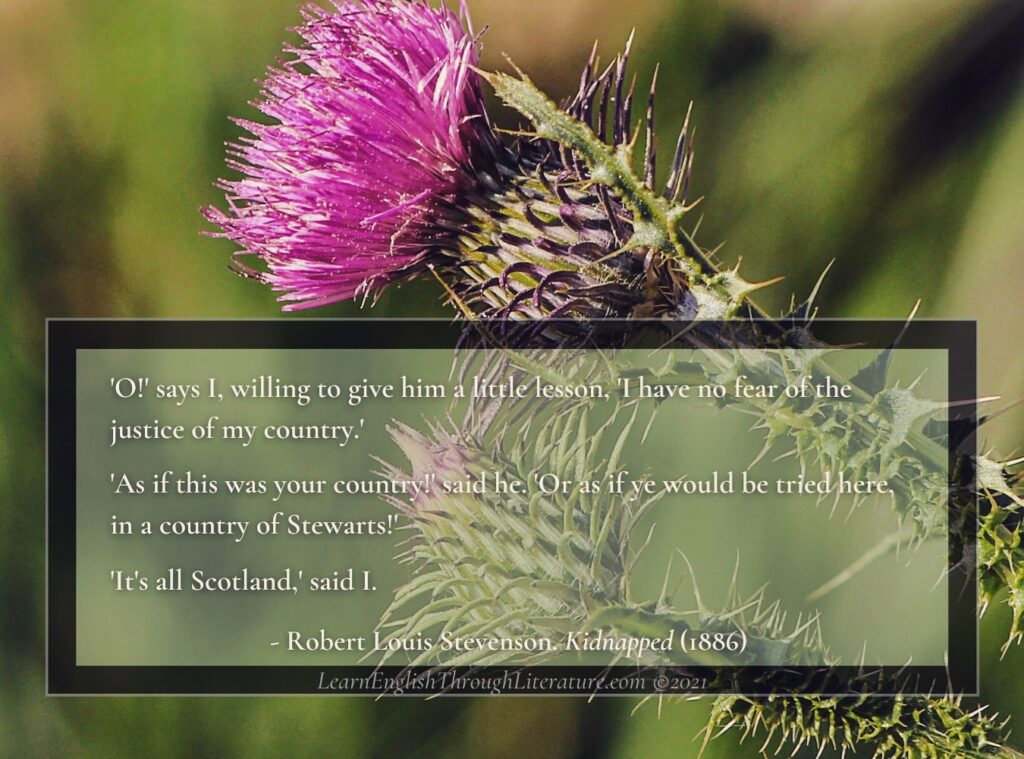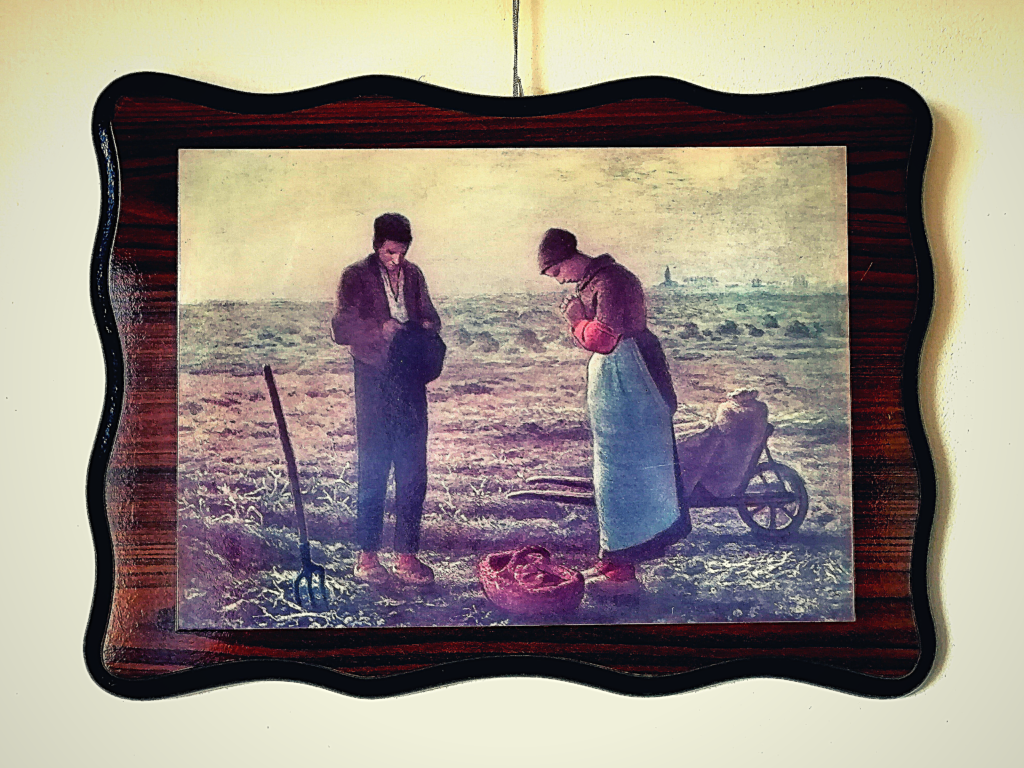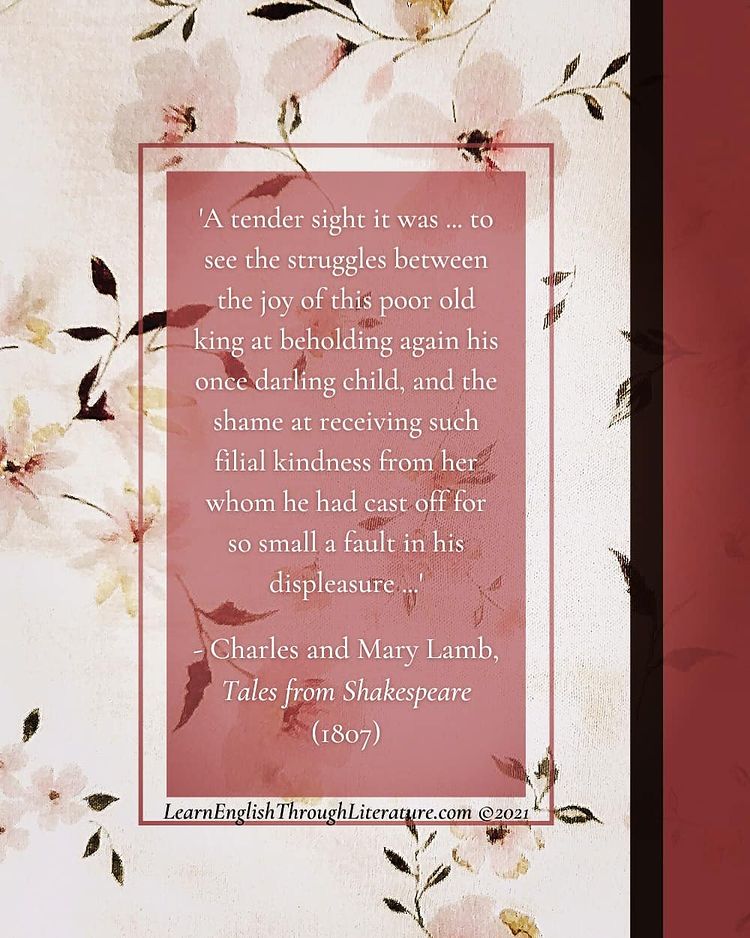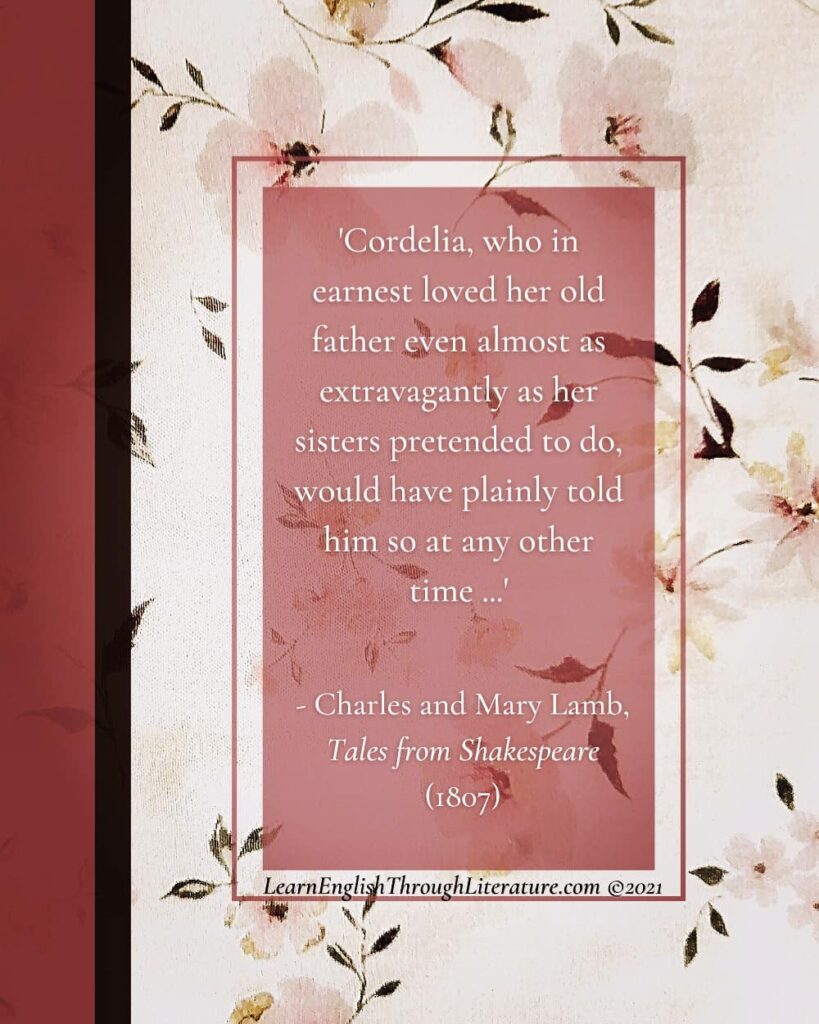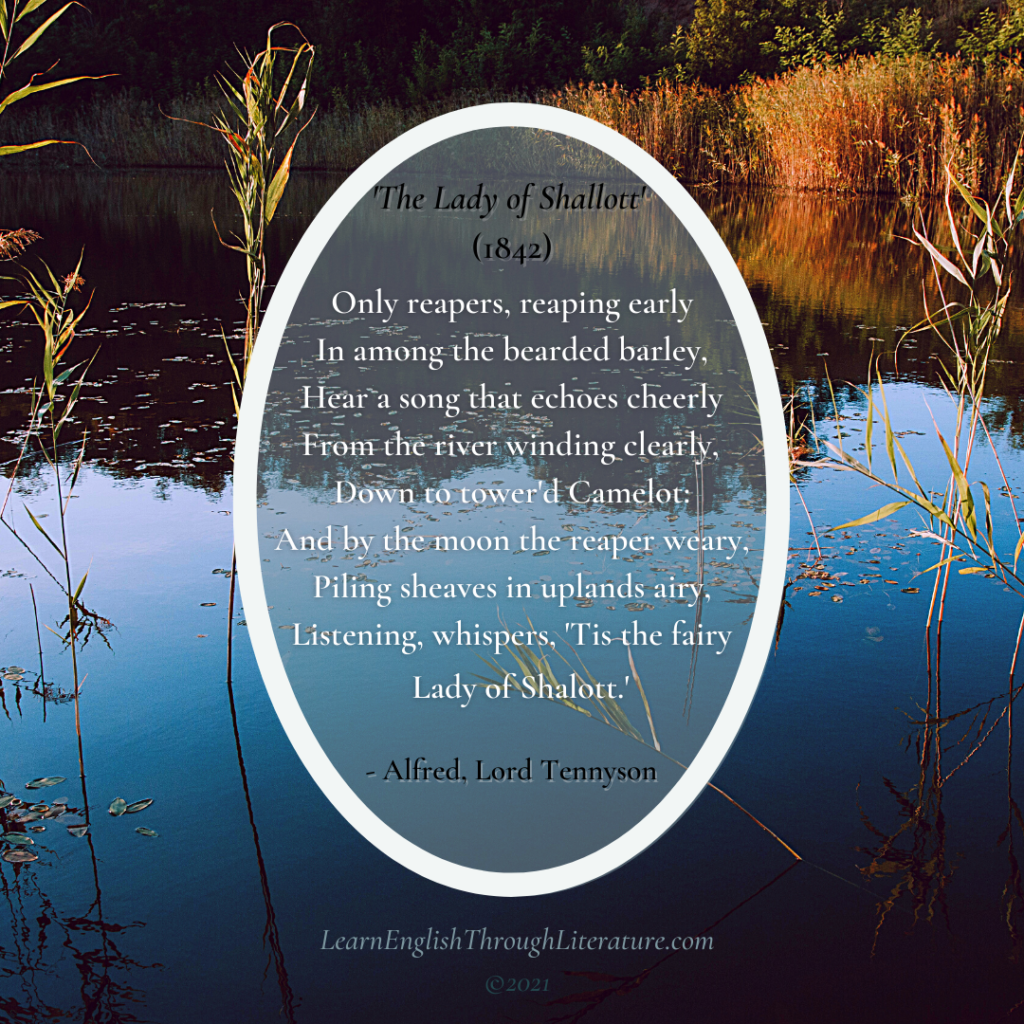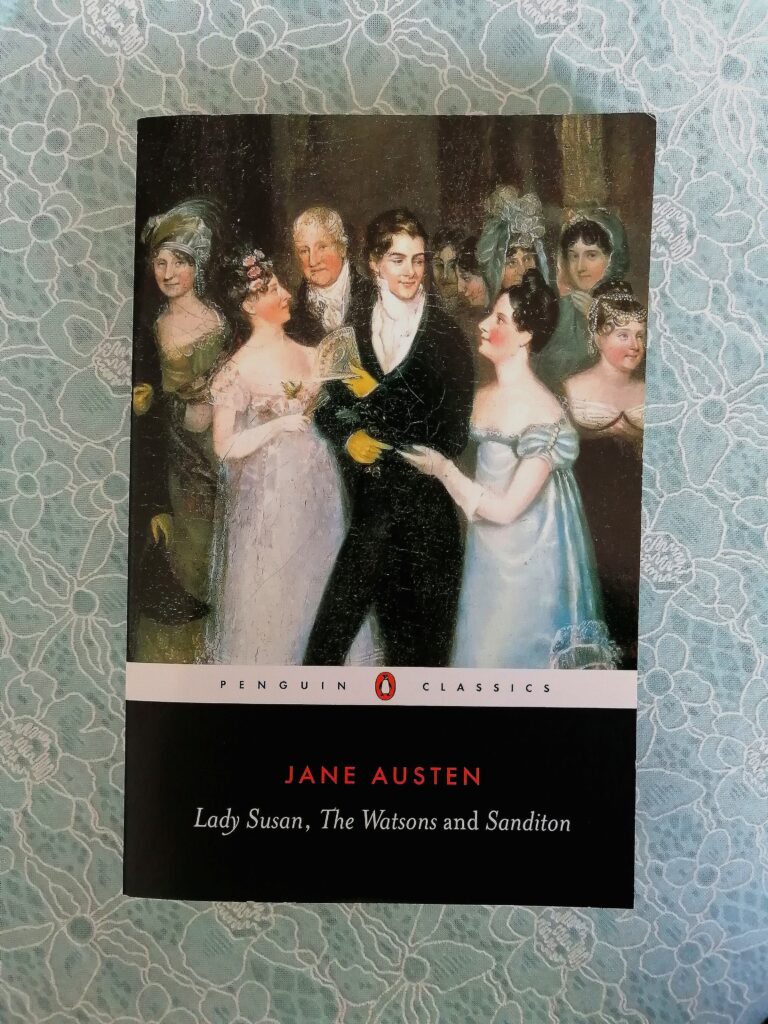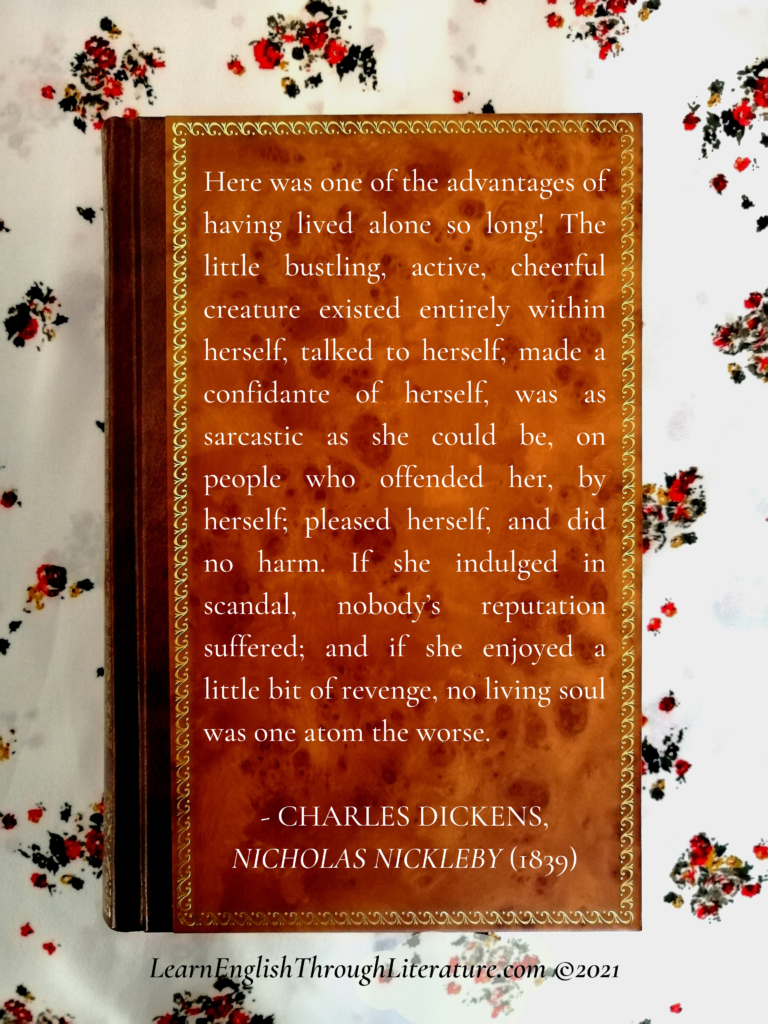Mini-Lesson Monday: Lesson #170 (Part 2): Virginia Woolf’s ‘Moments of Being’ – Modal Verbs to Express Regrets for the Past and Hopes for the Future
In this second part of our lesson on modal verb forms ‘should/should have’, ‘could/could have’, and ‘would/would have’ to express past regrets or desires for the future, we will be focusing mainly on the differences between ‘could/could have’ and ‘would/would have’. 👉 If you would like to review our analysis of ‘should/should have’, you can find […]

